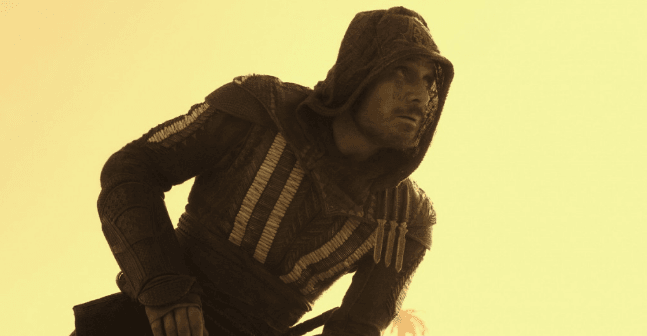
For as long as computer generated imagery (CGI) has been a tool available to filmmakers, there has been pitched debate of its merits relative to practical effects. This was recently demonstrated by the team behind ‘The Force Awakens‘, who made much of their emphasis on traditional effects work over CGI, especially coming as the film did in the wake of the ‘Star Wars’ prequel trilogy, which was often criticized for its reliance on digital effect. To some degree, though, this conflict becomes even more pronounced when dealing with video game movies, given the desire to emulate something with roots that lie so firmly in the digital realm.
20th Century Fox has released a promotional featurette for their upcoming adaptation of ‘Assassin’s Creed’. Among other topics, the two minute videos features star Michael Fassbender and director Justin Kurzel talking about the importance of the film’s believability, particularly as it concerns the characters and the world they inhabit. The sense of immersion that the filmmakers strive for extends beyond the audience and to the cast, as Fasbender explains how donning his costume allows him to inhabit his character and Kurzel makes mention of the film’s use of practical efects.
While there will almost certainly be some amount of CGI in the film, ‘Assassin’s Creed’ has also demonstrated an unusual emphasis on authenticity, perhaps best demonstrated by the reports that the film would be using Spanish language dialogue for its historical sequences (set, as they are, in 15th century Spain). Undoubtedly, the same preference for authenticity, emphasized in particular by Fassbender throughout the featurette, influenced the decision to favor practical effects.
You can check out the ‘Assassin’s Creed’ featurette for yourself here:
Directed by Justin Kurzel, ‘Assassin’s Creed’ stars Michael Fassbender, Marion Cotillard, Jeremy Irons, Brendan Gleeson, Michael K. Williams, Ariane Labed, and Matias Varela. The film is set to open in theaters on December 21, 2016.
